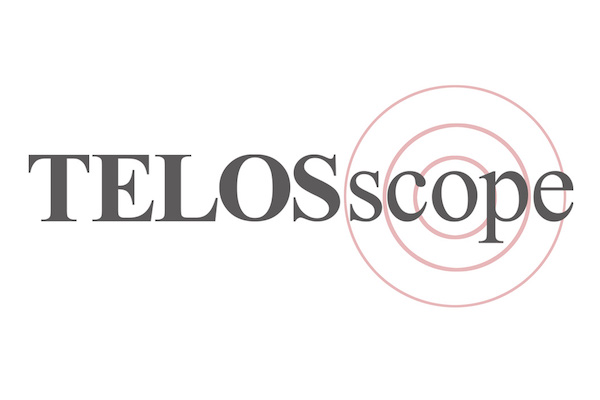
As much as war has become automated and mechanized, the subjective experience of the horror of war remains central to its meaning today. Russia, through its intentional bombing of civilians, and Hamas, with its massacres, have both sought to manipulate personal experience by terrorizing their enemies to achieve their war aims. Such tactics have also become the basis of their rule, in which they use fear to intimidate domestic political opponents to maintain their power. While they seek to create fear, the response of Ukrainians and Israelis alike has been to respond to subjective horror with the courage to maintain resistance while also affirming their values. War continues to be grounded in the way in which the participants’ most personal experiences can create a unified political will.
In sharing in his Telosscope post the experience of his visit to one of the sites of Hamas’s massacre of Israeli civilians, Gabriel Mayer-Heft emphasizes the intimate quality of this tragedy as well as how the personal shock has dissolved the domestic conflicts that had dominated Israeli politics before the Hamas attack. In related reflections on the subjective experience of war at our Forms of War conference, Beau Mullen, Mario Bosincu, and Camelia Raghinaru analyze depictions of war in the work of Heinrich von Kleist, Ernst Jünger, and the Ukrainian filmmaker Valentyn Vasyanovych. The video of their session is now available at the Telos-Paul Piccone Institute website. In these examples, war becomes a defining experience that, in transforming individual experience, leads to broader changes in the political world.
Meanwhile, the EU and the United States, without such a personal experience of war, have sought to distance themselves from these wars and their implications for international politics. Unfortunately, it will probably not be possible for them to maintain this distance for long. Indeed, to the extent to which we turn away from these conflicts, we may be allowing them to affect us even more in the future.








